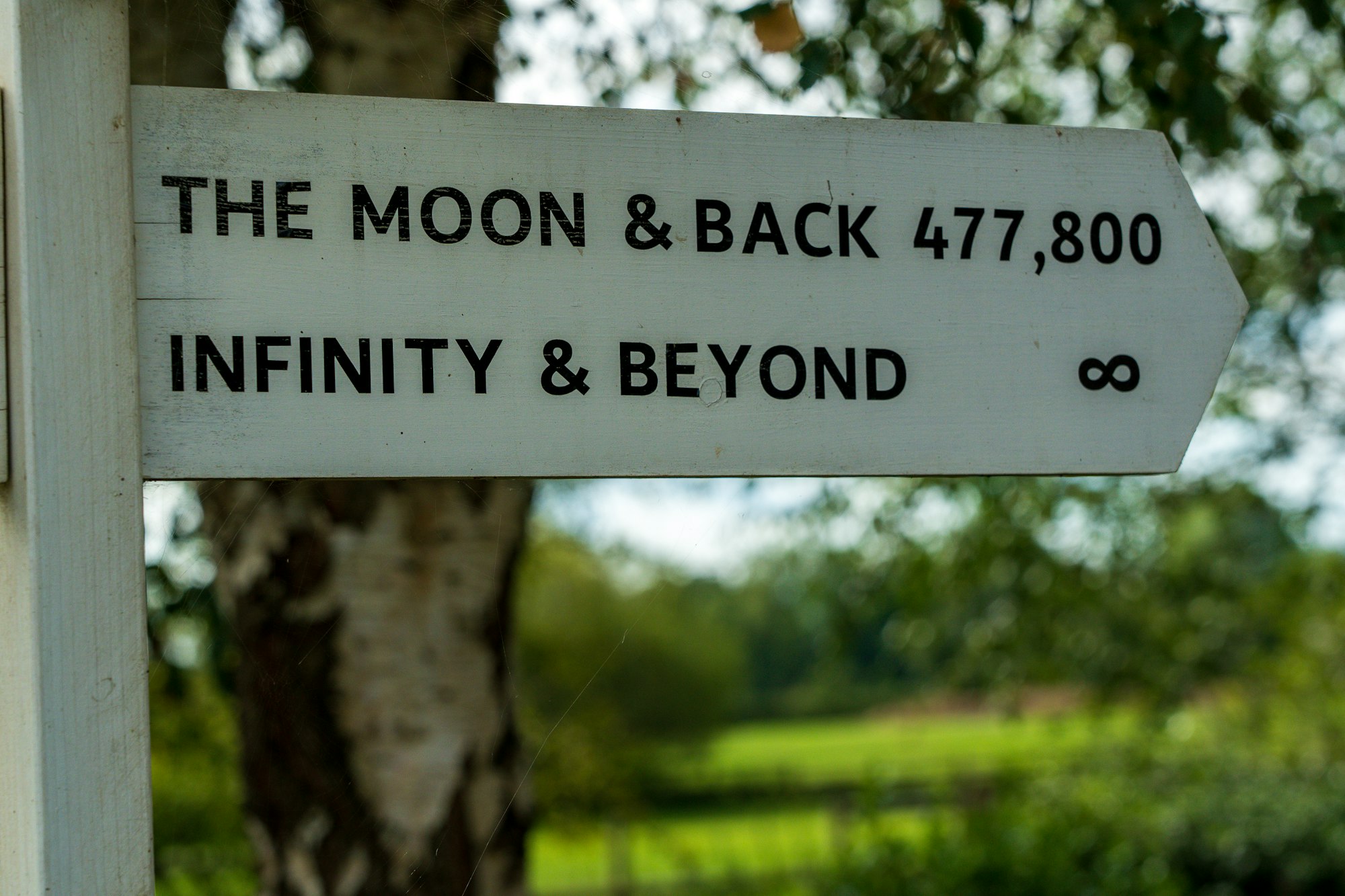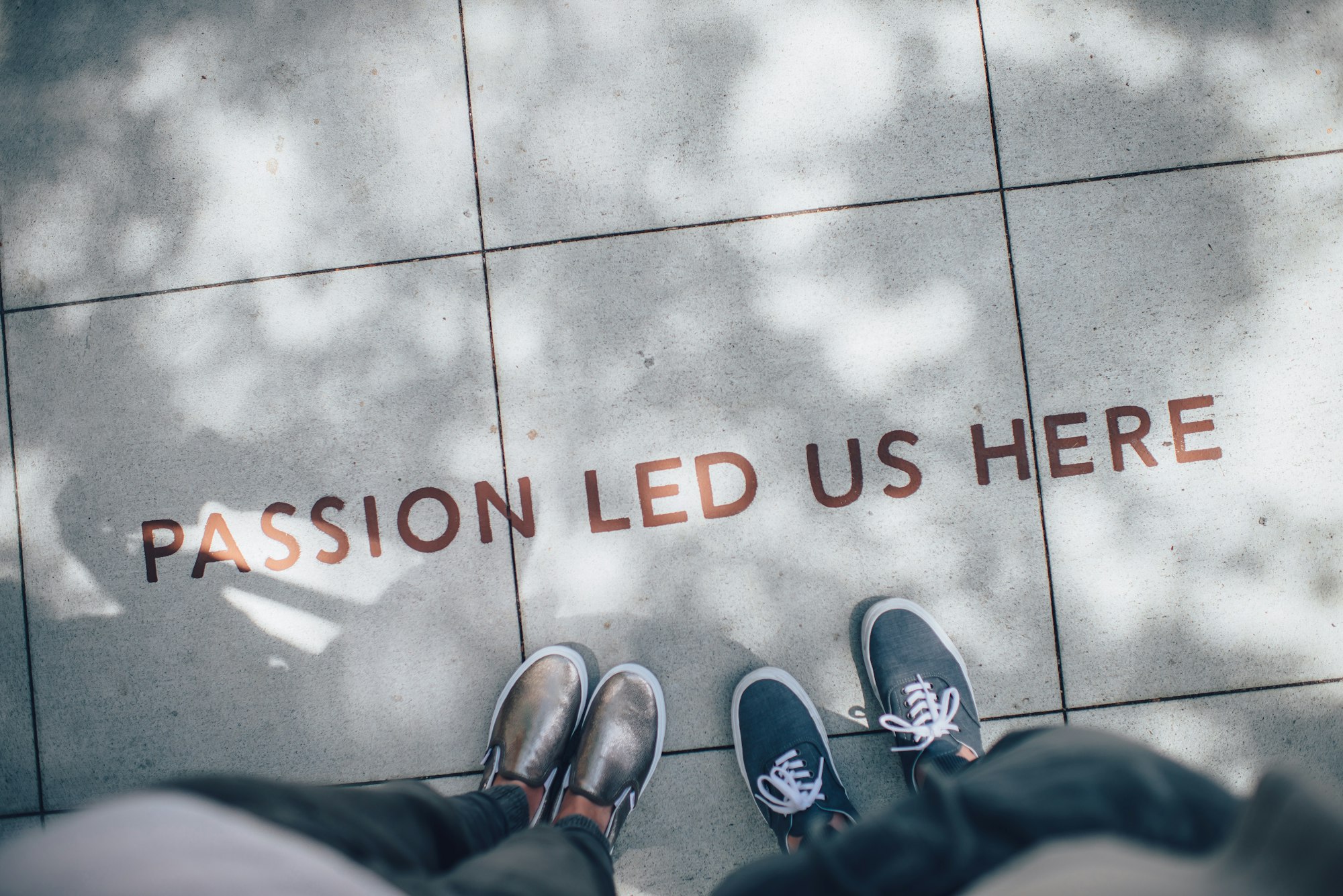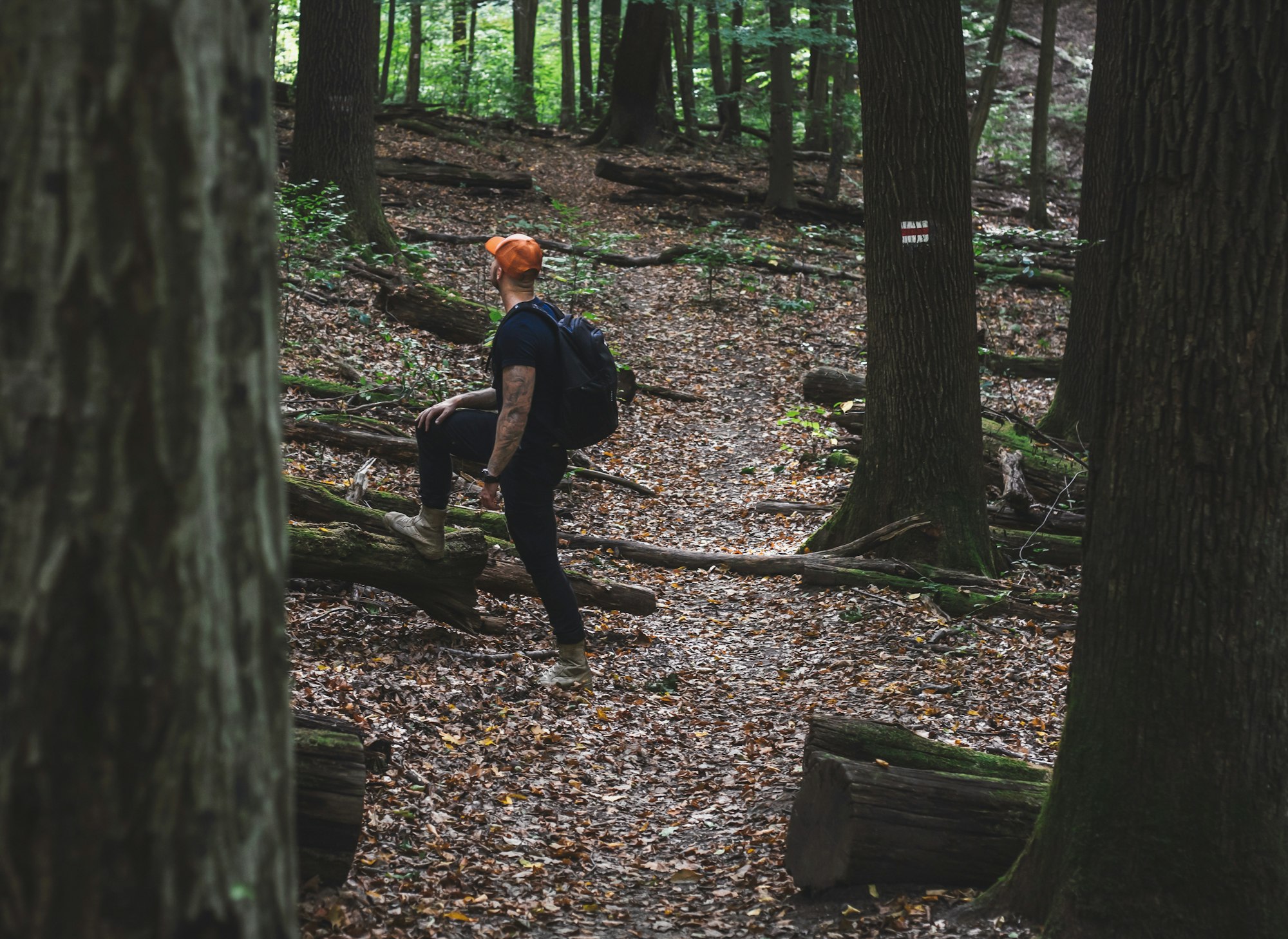
Sometimes, closure isn't something you receive—it's something you create. When you see someone's truth clearly—not the version you wish they were, not the version you thought they could be—you stop waiting for something that was never there. That's where recovery really begins.

Recovery isn’t about taking a break—it’s about understanding when to step back so you can move forward with greater strength.

As I reflect on the current date, I'm struck by how quickly time passes. It's now late January 2025, and a new year is stretching out before us. The start of a fresh calendar always feels full of potential and possibilities.

Over the past few years, I've scribbled down an unfathomable amount of words, thoughts, ramblings - all trying to make sense of life with a neurodivergent brain. The challenges of late

Life rarely follows a straight path. Mine has wound through steamy kitchens and quiet gardens, through addiction and recovery, through late-diagnosed neurodivergence and continuous reinvention. I've spent countless hours studying nutrition

Because you're not just seeing it - you're feeling it, understanding it, processing it in real-time, and the sheer volume of information and emotion becomes too much to hold silently.

Their truth-telling isn't just honest - it's compulsively, almost helplessly honest. Like a flame that cannot help but give light and heat, these individuals cannot help but reveal truth, even when that truth makes others uncomfortable or themselves vulnerable.

The thing about hitting midlife with a neurodivergent brain and a broken heart: it's like trying to rebuild an engine while it's running, except the manual is written in three different languages.

This process of self-discovery was gradual, marked by moments of clarity interspersed with periods of doubt. Each realization was like a piece of a jigsaw puzzle falling into place, slowly revealing a picture of myself I'd never fully seen before.

We've all seen those neat career trajectory graphs - you know, the ones that show a nice, steady upward climb from entry-level to CEO. Let me let you in on a secret: for most of us, especially us non-traditional types, that graph looks more like a Jackson Pollock painting.

Resilience is a powerful skill that can transform our lives. I've learned that it's not about avoiding challenges, but about how we face them. Building resilience takes time and practice, but it's a journey worth taking.

The exam failure stung for about an hour. Then I scheduled another practice test and got back to studying. Memento mori doesn't just remind us that life is short – it reminds us that dwelling on temporary failures makes it shorter still.












